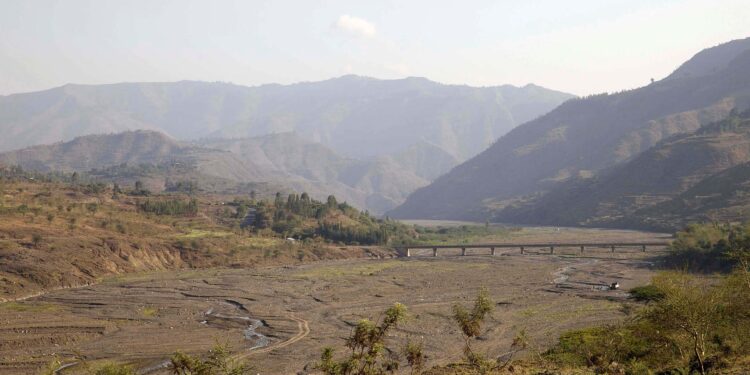Ethiopia’s parliament on Friday prolonged by 4 months a state of emergency declared in August to reply to an insurgency within the northern area of Amhara that has resulted in a whole lot of deaths and drawn accusations of widespread human rights abuses.
Preventing erupted in Amhara final July between federal forces and a neighborhood militia known as Fano, which has accused the federal government of undermining the area’s safety.
The state of emergency handed the federal government powers to impose curfews, limit individuals’s motion and ban public gatherings. Since August, authorities forces have pushed Fano fighters out of cities however combating has continued in smaller cities and rural areas.
Parliament mentioned the extension was granted following a request by the justice minister and deliberations amongst lawmakers. The federal government denies it’s looking for to undermine Amhara’s safety.
The battle there erupted lower than a 12 months after Prime Minister Abiy Ahmed’s authorities reached a peace deal in November 2022 to finish a two-year civil conflict within the neighbouring Tigray area that killed tens of 1000’s.
Fano militiamen fought alongside the military in opposition to Tigrayan forces, however relations between the 2 sides rapidly soured. This was partially as a result of peace deal, which many in Amhara mentioned failed to handle their considerations about safety threats from Tigray and one other neigbouring area, Oromiya.
The state-appointed Ethiopian Human Rights Fee (EHRC) has documented a variety of alleged abuses within the Amhara battle, most of which it has attributed to authorities forces.
In October, it mentioned dozens of civilians had been killed by drone strikes and house-to-house searches by authorities forces.
The federal government has not responded to particular allegations of abuses in Amhara however mentioned in November that an EHRC report on the topic lacked stability.
EHRC head Daniel Bakele mentioned on social media on Friday that his organisation was “gravely involved” concerning the implications of the extension for human rights and the humanitarian state of affairs.
Reporting by Dawit Endeshaw, Writing by Bhargav Acharya, Modifying by Aaron Ross and Angus MacSwan










